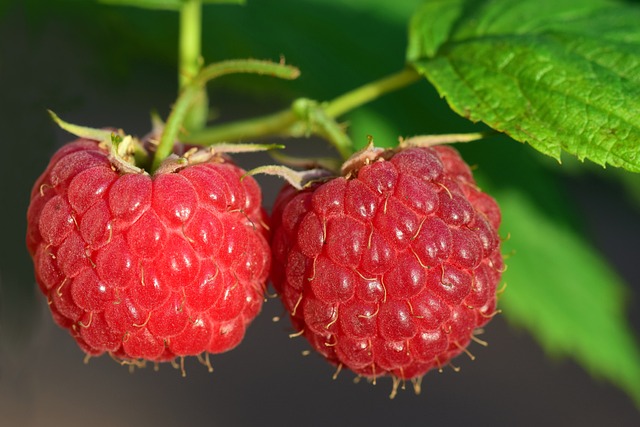Nurturing a Thriving Microbiome: Harnessing the Potential of Probiotic Foods and Drinks
The human body is an intricate ecosystem, hosting trillions of microorganisms that collectively make up our microbiome. These microscopic organisms play a vital role in maintaining our overall health and well-being. Among them, probiotics are hailed as the “good bacteria” that provide numerous health benefits when included in our diet.
Probiotics are living microorganisms, such as bacteria and yeasts, that can confer health benefits when consumed in adequate quantities. They can be found in various foods and drinks, offering a convenient and delicious way to enhance our gut health. Let’s explore the potential of probiotic foods and drinks in nurturing a thriving microbiome.
1. Yogurt
Yogurt is undoubtedly one of the most well-known probiotic-rich foods. It is made by fermenting milk with specific strains of bacteria, namely Lactobacillus and Bifidobacterium. These bacteria convert lactose, a naturally occurring sugar in milk, into lactic acid, which gives yogurt its tangy taste.
When consumed, the live cultures present in yogurt can replenish and balance the gut microbiota, aiding digestion and promoting a healthy immune system. Look for yogurts labeled with “live and active cultures” to ensure you’re getting the most probiotic benefits.
2. Kombucha
Kombucha is a fermented tea beverage that has gained popularity for its probiotic content. It is made by fermenting sweetened tea with a symbiotic culture of bacteria and yeast (SCOBY). During fermentation, the SCOBY produces acetic acid, vitamins, and various enzymes, resulting in a fizzy, tangy, and slightly sweet beverage.
The probiotics in kombucha can contribute to a healthy gut by supporting the growth of beneficial bacteria and aiding in digestion. Alongside its potential probiotic benefits, kombucha is also rich in antioxidants, which are known for their ability to combat oxidative stress.
3. Kimchi
Kimchi, a staple in Korean cuisine, is a fermented side dish usually made from cabbage, radishes, and various seasonings. The main probiotic strains found in kimchi are Lactobacillus brevis, Lactobacillus plantarum, and Leuconostoc mesenteroides. The fermentation process not only enhances the flavor but also leads to an increase in probiotic content.
The consumption of kimchi has been associated with numerous health benefits, including improved digestion, strengthened immune function, and even potential weight management. Incorporating this spicy and tangy condiment into your diet can introduce diverse beneficial bacteria to your gut microbiome.
4. Sauerkraut
Sauerkraut is another traditional fermented food that offers an abundance of probiotics. It is made by fermenting cabbage with lactic acid bacteria, similar to the process of kimchi. The fermentation of cabbage not only enhances its shelf life but also promotes the growth of beneficial bacteria.
Apart from being a great source of probiotics, sauerkraut is also packed with vitamins C and K, as well as fiber. The combination of probiotics and nutrients make sauerkraut an excellent addition to your diet for supporting digestive health and overall well-being.
5. Kefir
Kefir is a fermented milk drink that has a consistency similar to yogurt but with a tangier taste. It is made by inoculating milk with kefir grains, which are a combination of bacteria and yeast. The fermentation process results in a rich probiotic beverage that can be enjoyed on its own or added to smoothies or cereal.
The probiotics in kefir have been shown to promote gut health, improve lactose digestion, and exhibit anti-inflammatory effects. Additionally, kefir is a good source of calcium, protein, and essential vitamins and minerals.
Incorporating probiotic-rich foods and drinks into your diet can have a profound impact on your overall health. However, it’s important to note that the potency and effectiveness of probiotics can vary depending on factors such as strain, processing, and storage. Consulting with a healthcare professional or a registered dietitian can help you make informed choices and find the best probiotic options for







